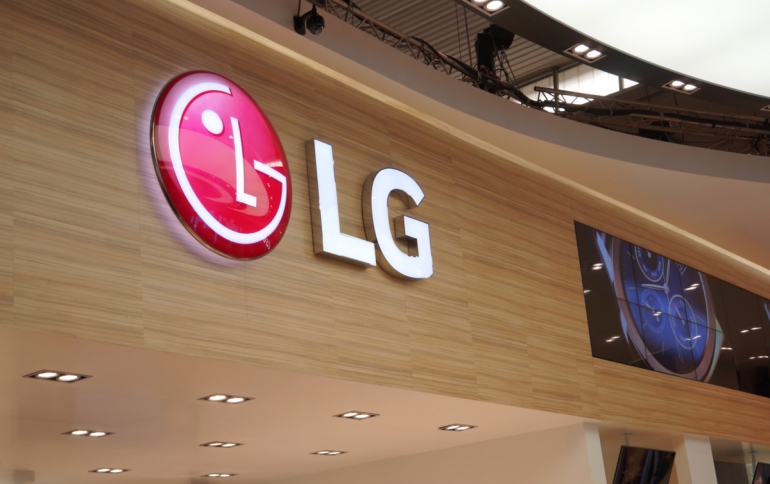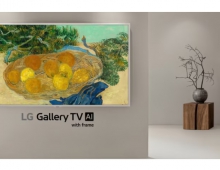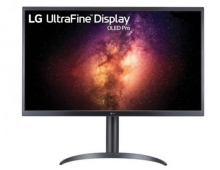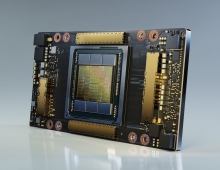
LG's Connected Car Components Earn TUV Rheinland Certification
LG's vehicle components have won safety certification by Germany-based testing service provider for quality and safety, TUV Rheinland, signaling the tech firm moving further into the automobile industry.
LG received safety certification for advanced driver assistance and infotainment systems and vehicle display, to meet growing demand for the safety of self-driving vehicles.
"The new safety certification will now allow us to have an edge in self-driving cars as well as electric vehicles," said Kim Jin-yong, chief of LG Electronics' smart business division.
LG is trying to build its presence in the vehicle market. The company set up a vehicle component unit in 2013 and has since supplied various electric car components to global automakers, including General Motors. This year, its vehicle component unit is expected to see 3.5 trillion won ($3.2 billion) in sales, a 26 percent rise from last year.
In October, LG partnered with Qualcomm to develop fifth-generation network technology for vehicles, which is necessary for the development of connected cars.
LG's rival Samsung Electronics is also stepping up efforts to develop automobile electronics technologies. Samsung acquired the US connected car system provider Harman for $8 billion in March. Five months later, Harman set up the strategic business unit within the firm to focus on developing safer and smarter connected cars in partnership with the Samsung Strategy and Innovation Center.
In September, Samsung also formed an Automotive Innovation Fund worth $300 million to boost its automobile electronics business. The fund will be used for securing technologies in the areas of connected cars including smart sensors, machine vision, artificial intelligence, connectivity solutions and security.
The world's largest chipmaker may also move into the memory chip market for vehicles, which are becoming more connected and data intensive.





















